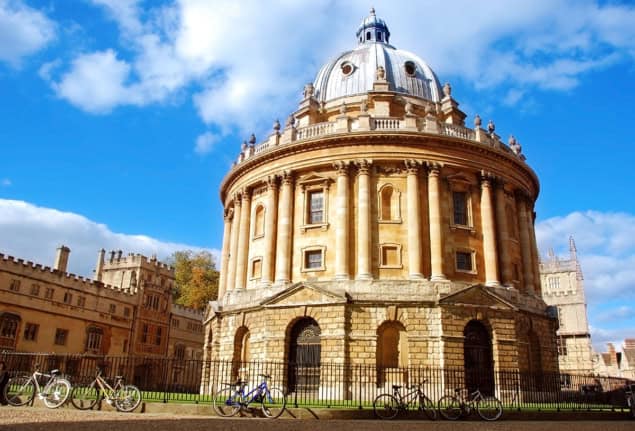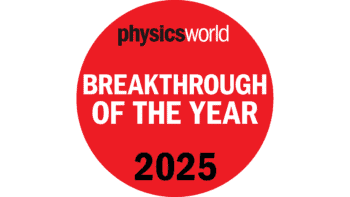
If you want to read about controversies in physics, a (brief) history of the speed of light or the quest for dark matter, then make sure to check out this collection of papers to mark the 10th anniversary of the St Cross Centre for the History and Philosophy of Physics (HAPP).
HAPP was co-founded in 2014 by Jo Ashbourn and James Dodd and since then the centre has run a series of one-day conferences as well as standalone lectures and seminars about big topics in physics and philosophy.
Based on these contributions, HAPP has now published a 10th anniversary commemorative volume in the open-access Journal of Physics: Conference Series, which is published by IOP Publishing.
The volume is structured around four themes: physicists across history; space and astronomy; philosophical perspectives; and concepts in physics.
The big names in physics to write for the volume include Martin Rees on the search for extraterrestrial intelligence across a century; Carlo Rovelli on scientific thinking across the centuries; and the late Steven Weinberg on the greatest physics discoveries of the 20th century.
I was delighted to also contribute to the volume based on a talk I gave in February 2020 for a one-day HAPP meeting about big science in physics. The 10 most important future big-science facilities in physics
The conference covered the past, present and future of big science and I spoke about the coming decade of new facilities in physics and the possible science that may result. I also included my “top 10 facilities to watch” for the coming decade.
In a preface to the volume, Ashbourn writes that HAPP was founded to provide “a forum in which the philosophy and methodologies that inform how current research in physics is undertaken would be included alongside the history of the discipline in an accessible way that could engage the general public as well as scientists, historians and philosophers,” adding that she is “looking forward” to HAPP’s second decade.
- The HAPP Centre is now looking for financial support to allow it to continue its activities – donate here.



